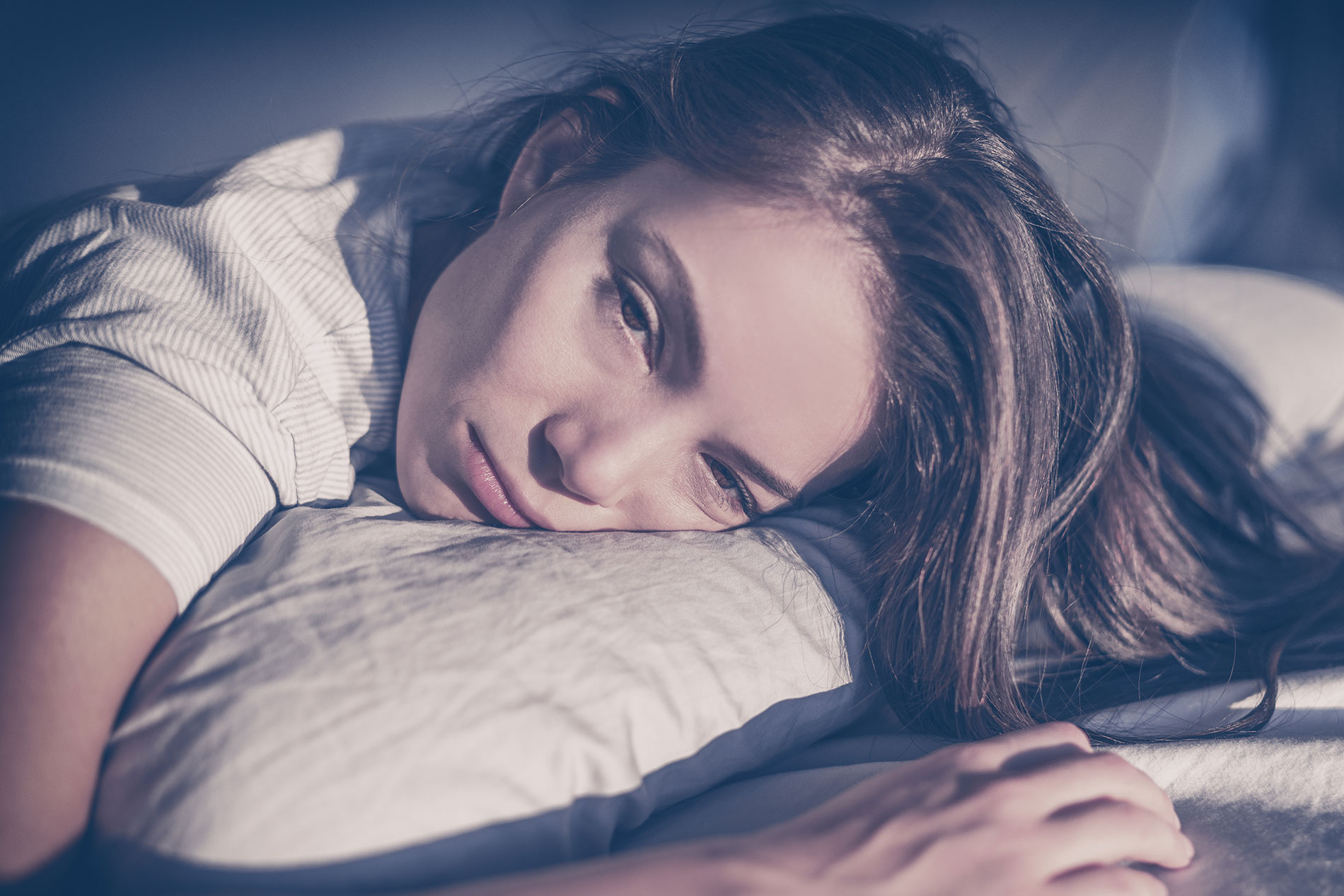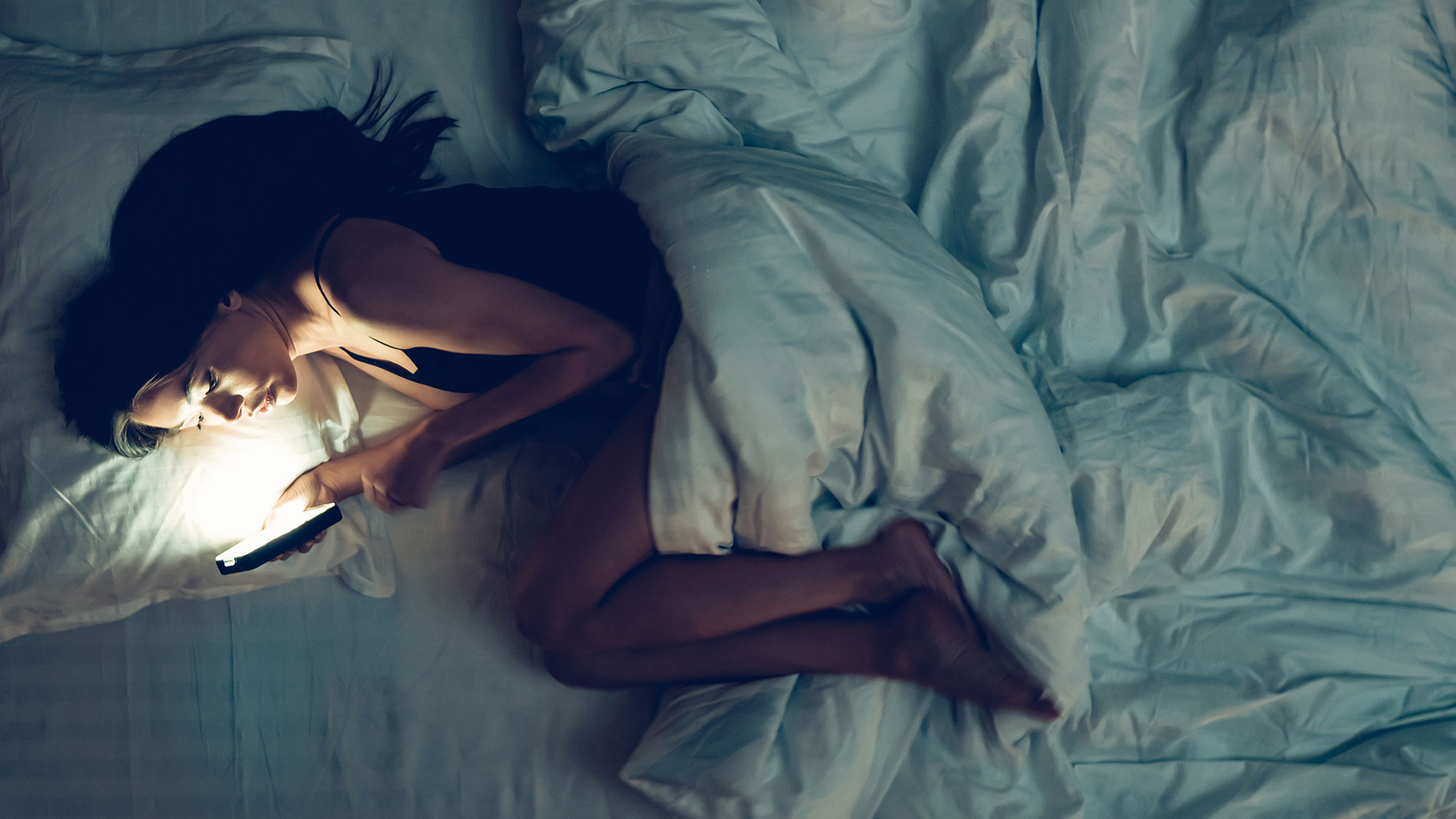How to beat insomnia
Are you sleepy but cannot get to sleep? Do you often wake up during the night? Find out how to beat insomnia, improve your rest and get good sleep quality.
health and beauty
Share

The stress and uncertainty caused by the pandemic along with the habits of the new normal, such as working from home, doing less exercise or going to bed later, have caused an increase in the number of people who suffer from some sort of sleep disorder. The combination of sleep, nutrition and exercise is essential for good health, according to the Spanish Sleep Society (SSS).
Insomnia is defined as a difficulty in getting to sleep or in staying asleep, such as waking very early and not being able to get back to sleep, and it is considered to be chronic when it occurs at least three times a week.
According to the Spanish Neurological Society (SNS), at the beginning of 2020 between 25-30% of the adult population of Spain presented with transient insomnia and between 10-15% suffered from chronic insomnia.
The issue is not sleeping more, but finding the ideal length of sleep and making it quality sleep.
I'm sleep but I can't sleep: What can I do?
In order to have good sleep hygiene you need to keep stress and anxiety at bay, because if you look after your body, you also look after your emotional health. Stress is the main cause of insomnia and the increase in cases during the past year has been very evident as we have transitioned to living in a state of constant hyper-alert in a very short space of time.
Having a balanced diet, avoiding the consumption of alcohol or of caffeinated drinks, and doing moderate exercise may be part of the solution. In order not to raise your stress levels, it is also advisable to limit your consumption of news about the current situation.
Another related factor is the over-exposure to screens (mobile, tablet, computer…) which has increased due to spending more time at home and because of working from home. The problem is that the blue light of the visible light spectrum emitted by screens reduces melatonin production. This is the hormone regulates the sleep-wake cycle and it may be the cause of your insomnia.

If you go to bed and cannot get to sleep, try these simple tips:
- Try to remove any stressful thoughts from your mind. Imagine a restful scene that implies tranquillity and sleep, like being in a hammock on the beach listening to the waves.
- If you are still awake, get up for a short period of time, at the most half an hour. Do something relaxing that makes you sleepy, such as reading something boring.
- Try drinking a glass of hot milk, as dairy products contain tryptophan, an amino acid precursor of serotonin and melatonin, which is the hormone that helps to control the sleep cycle and may help you to get to sleep. If you don’t like milk, try an infusion, as hot drinks help you to relax.
Tips for improving your rest
- Resume a regular sleep routine; that is, always go to bed and get up at the same time.
- Also maintain a routine in other situations, such as exercising, eating, working and enjoying your free time.
- Exercise three hours or more before going to bed. Otherwise, your body will remain active and will find it difficult to regain the level of relaxation required for sleep.
- Have supper two hours or more before you go to bed and eat something light. Don’t eat any stimulating foods.
- Avoid over-exposure to screens. The ideal would be to stop using any devices of this type at least an hour before you go to bed.
- Help your brain to disconnect from the «bombardment of information». Before going to sleep read a book, watch a film or listen to some music.
- Keeping the bedroom dark can also help you to get to sleep.






